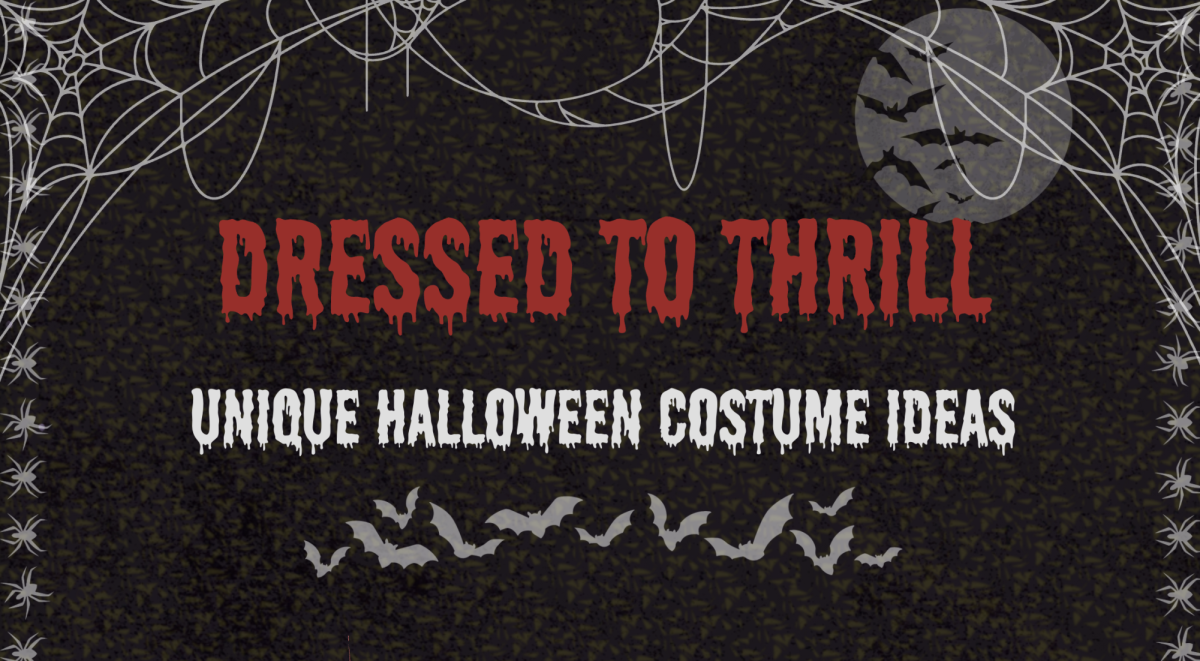If you’re anything like me, you’ve spent most of your formative years watching online content creators. With the advent of websites like Youtube and Twitch, zoomers are really the first generation with members that have spent much of their early childhoods on the internet. I remember fondly watching my favorite content creators making movie reviews and video game “let’s plays” while telling myself that I’d finish my homework assignments eventually.
While westerners who were old enough to remember the Macarena craze or Y2K scare have reality stars like Kim Kardashian and Britney Spears, whose fame largely came from being plastered on tabloid magazines in supermarkets across the country, zoomers now follow the surprisingly interesting lives of Twitch streamers, like the mysterious reason why one of their largest streamers got banned.
Content creators are no longer nerds locked in their rooms making low-quality videos; they’re entertainers whose entire lives are often sources of interest among their thousands-and sometimes millions-of followers. This was on full display this week, when hundreds of thousands of people watched Twitch streamers Pokimane (a combination of Imane Anys’ first name and the video game franchise “Pokémon” and her name “Imane”) and fellow streamer Fedmyster (a combination of the first part of Federico Gaytan’s first name and “myster”) slam each other as dishonest and manipulative.
In short, months ago Anys denounced Gaytan for trying to kick a mutual friend of theirs out of their house. She also spoke about inappropriate touching on the part of Gaytan, and his lying about him and her being in a romantic relationship. However, a written response from Gaytan was leaked, showing that he was far more willing to kick their mutual friend out as she lead on. More importantly, they showed that Anys’ characterization of her relationship with him-as purely platonic-was dishonest.
Made with Visme Infographic Maker
The actual drama isn’t extraordinarily juicy-despite the seemingly countless number of people enamored with the whole situation. It’s hard to imagine many people actually caring much about it in a few months. So, what I’m less interested in is the drama itself, and more what it says about how we now treat entertainers and content creators-a glimpse into the dark, dark world of online streaming.
Many people’s relationships with their favorite creators have gone beyond simply enjoying their content-they have become obsessed with the creators as people, consuming their every little move and tricking themselves into thinking their creators actually consider them friends.
There’s a psychological term for this-a parasocial relationship, a one-sided relationship in which a person’s love and adoration is not reciprocated, and they delude themselves into believing that a certain celebrity or online personality is actually their friend. People increasingly seem to not understand that the people that are on their screens every day aren’t their friends-you may enjoy their videos, you may think they’re funny-but you are, at the end of the day, one of thousands of people who like their work.
I understood this when I was younger. When I watched a funny video game review, I understood the terms of the relationship: I enjoyed the content provided, and in exchange, I provided a view. That was all. But as content creation as a form of entrepreneurship has developed, the increased interest in the personal lives of these content creators is a result of people pushing the boundaries of this relationship.
In fact, Twitch specifically foments these kinds of relationships because of the livestreaming nature of the platform. People don’t watch a 10 or 15-minute video once a week from a video game reviewer or a half-hour episode from a show with an actor they like; oftentimes they are spending hours on end watching their favorite streamers, giving them money in donations and directly communicating with them. Honestly, it’s hard to blame a person for developing a relationship like this with a person whom they spend more time with than most people spend with their actual friends. Streamers often induce these kinds of relationships too, what with their frequent begging for money and subscribers.
I truly don’t think that this is a trend that can be reversed-streamers today are like the celebrities of yesterday, and as that’s the case it’s hard to imagine it not being the case that their lives are scrutinized and examined just as much as them, if not more. But hey, if it gives them views and cash, and provides some cheap entertainment for people, who am I to complain?

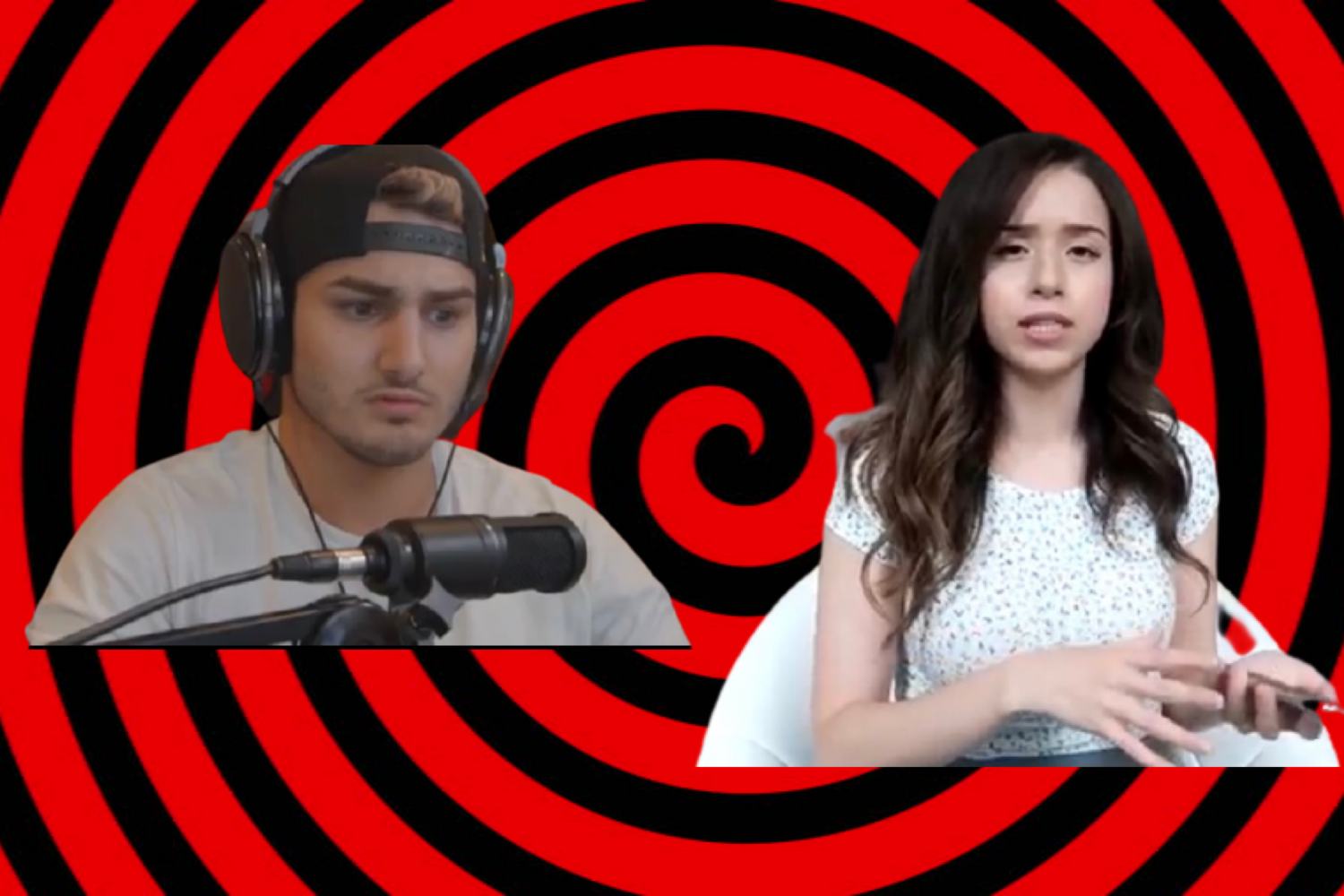

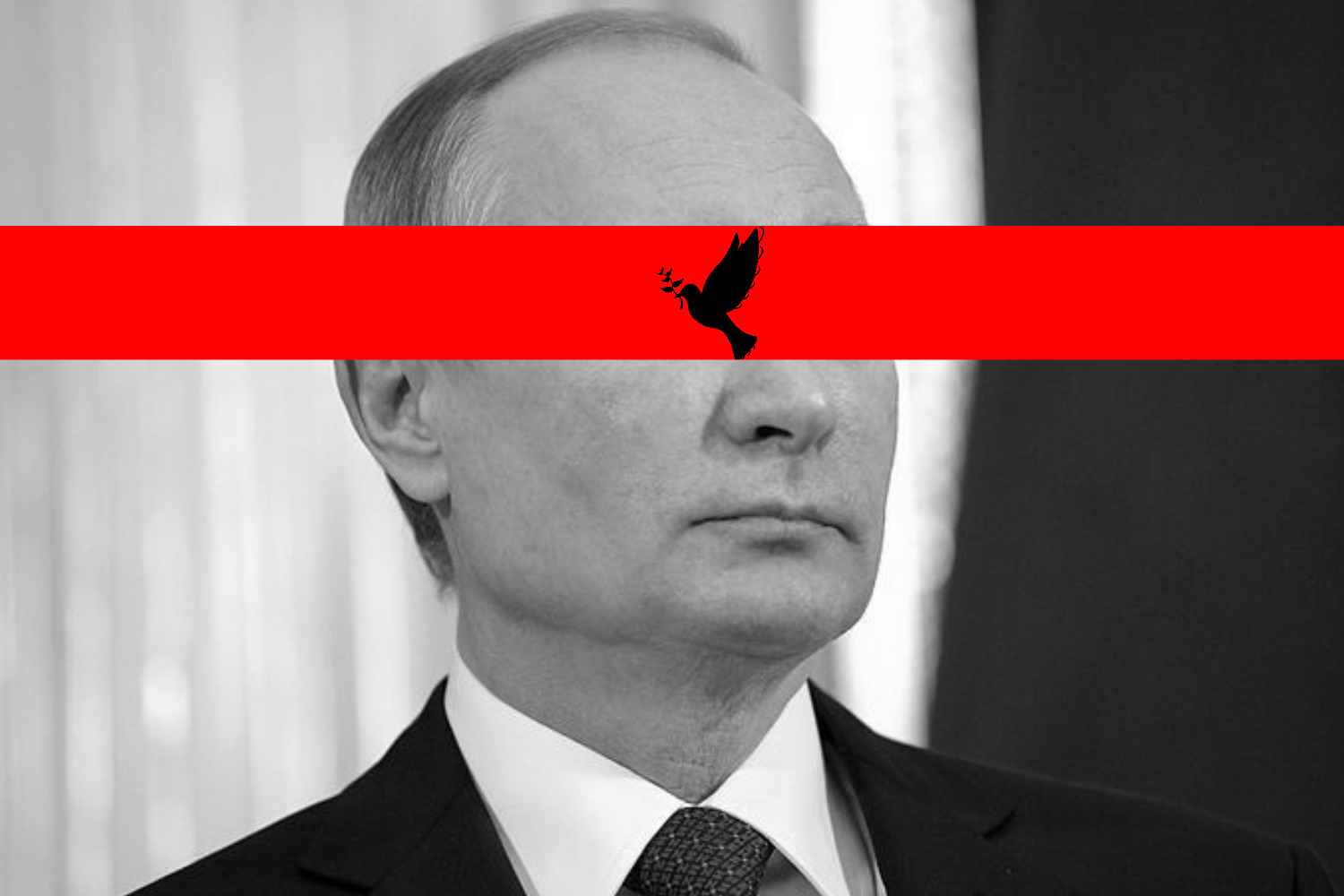
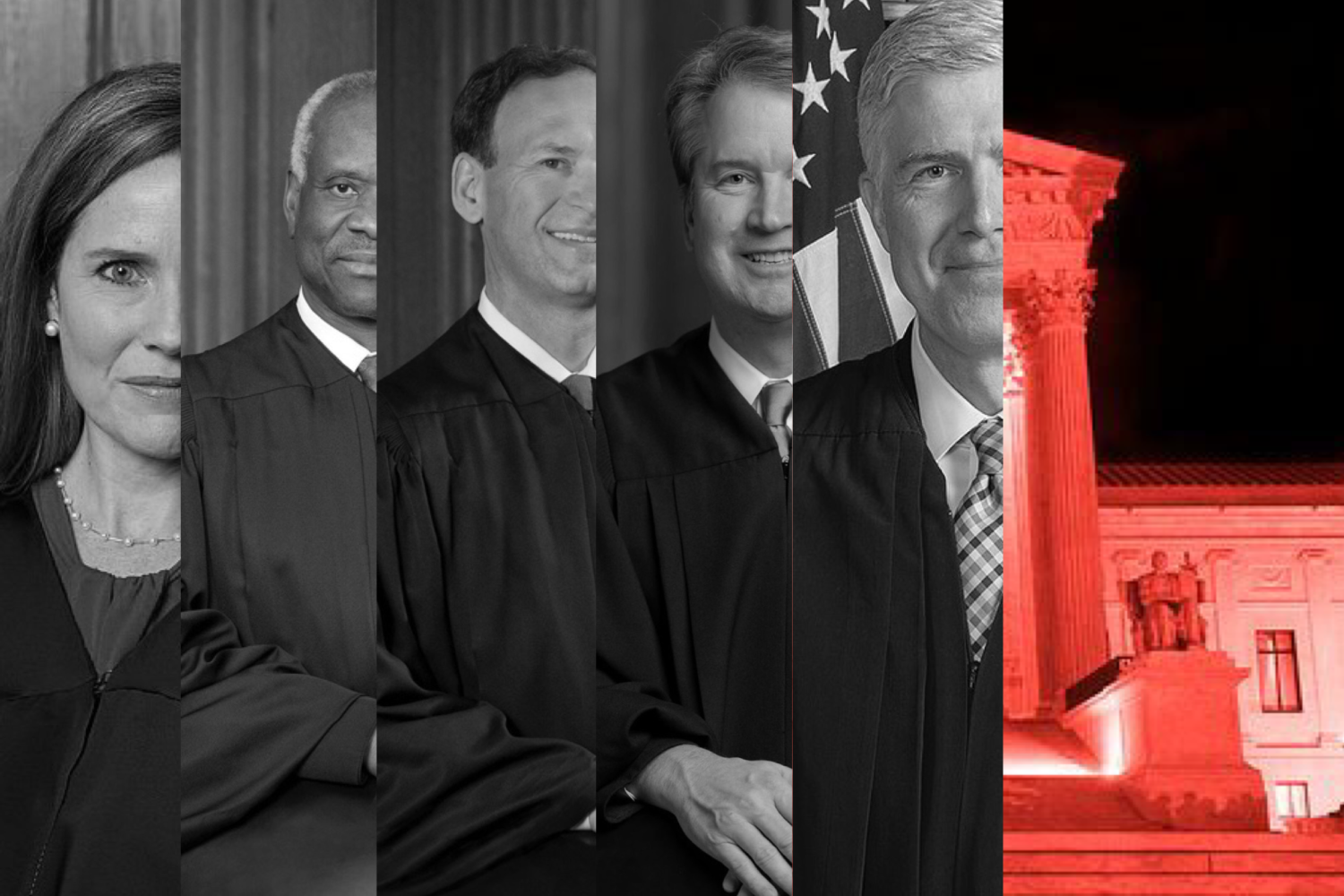
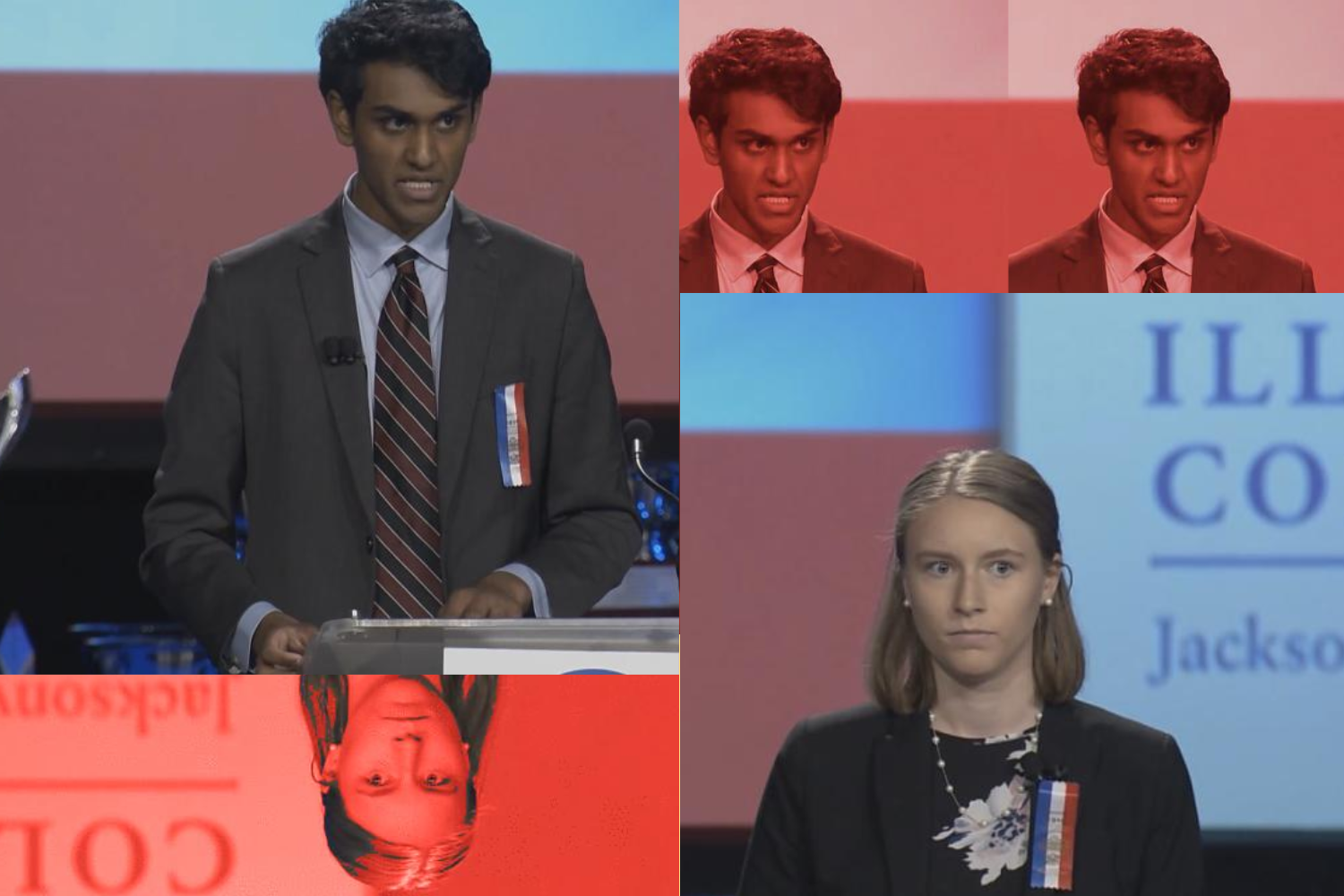
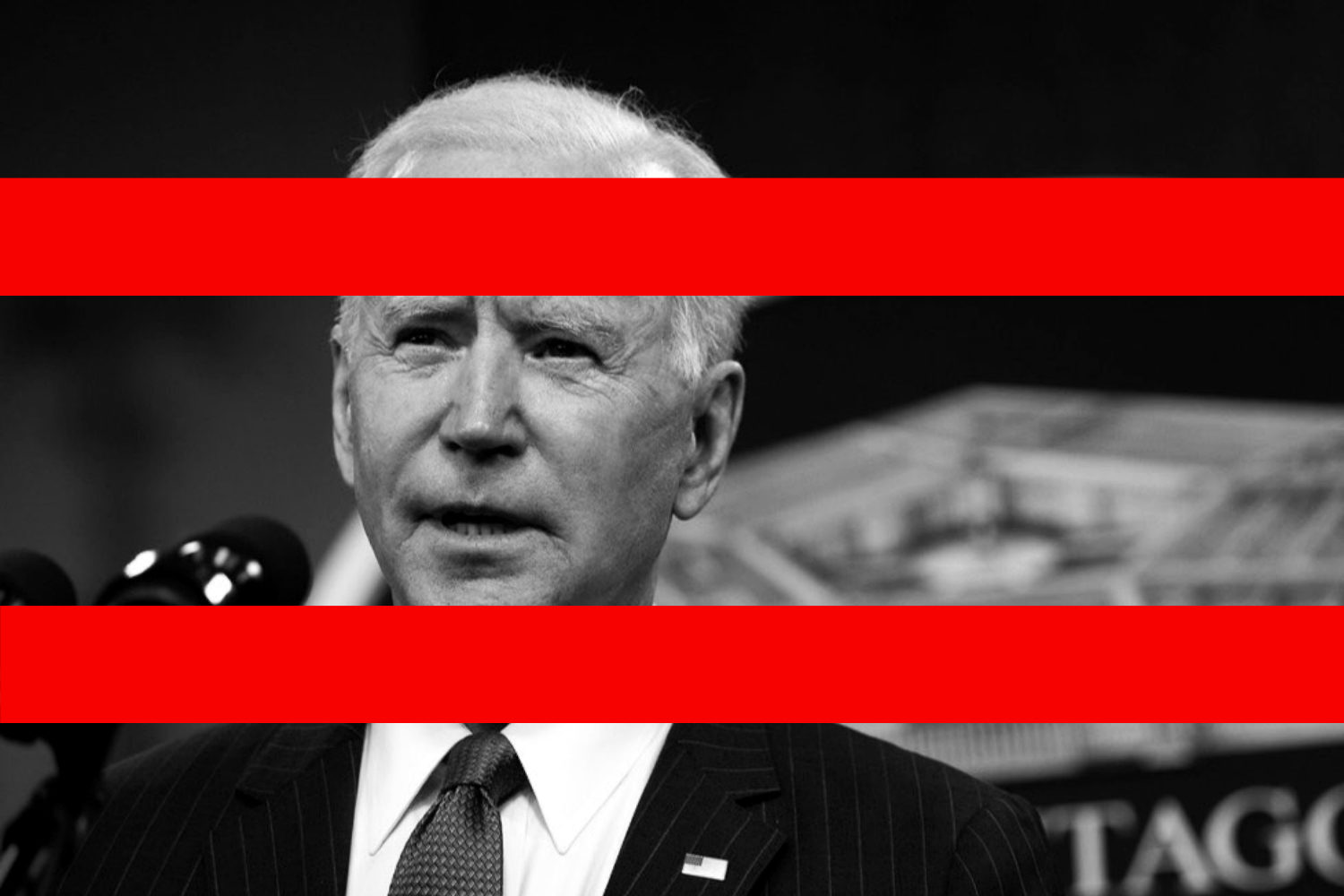
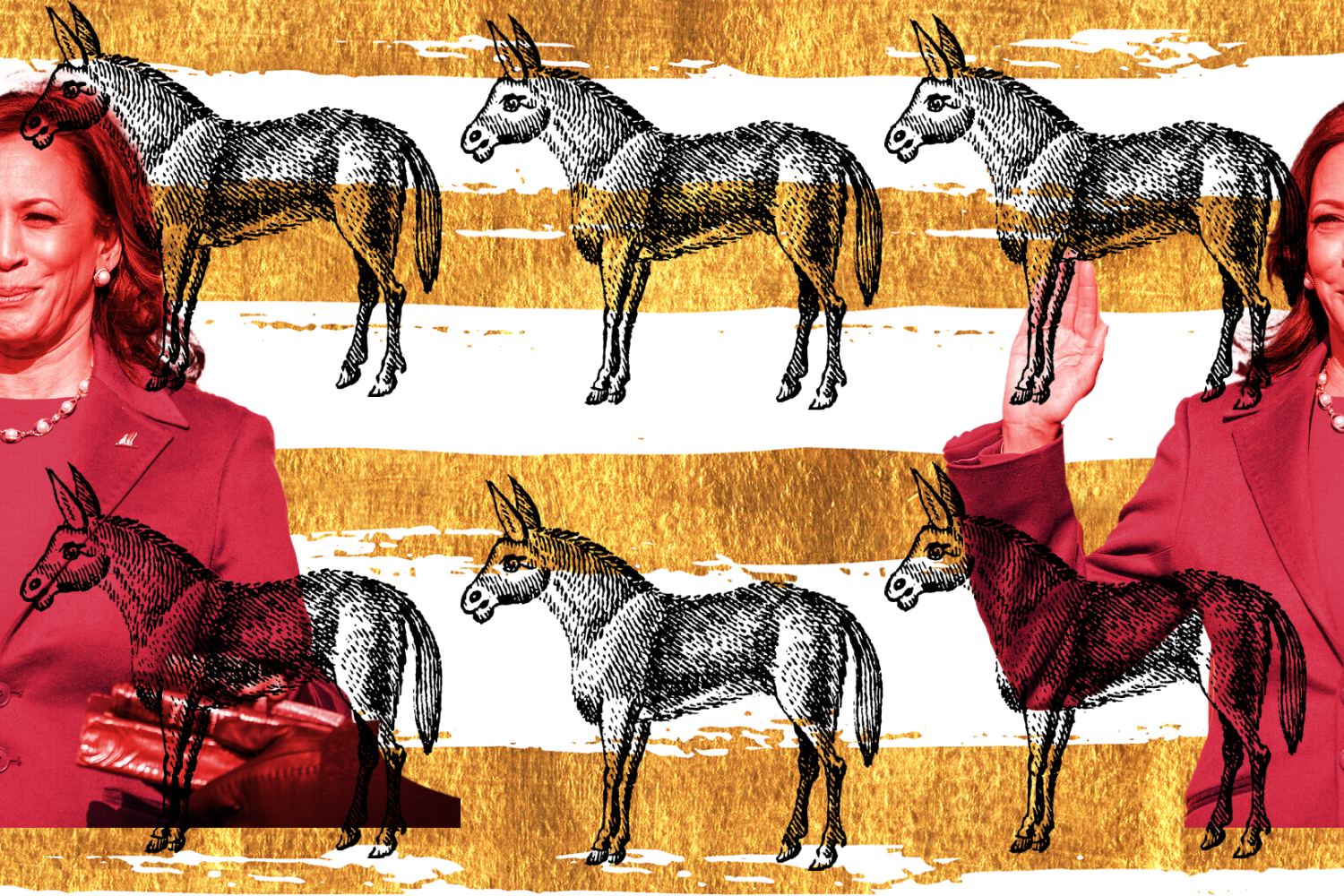







![Arranging the fabric on the floor for a new project, senior Sapphyre-Ann Leung plans out her attire for the next deadline. With the recent closures, students now had limited resources and less margin for error with the fabric and materials they had in stock while trying to reach strict deadlines. “Joann’s had a lot of high-end fabric for our fashion competitions,” Leung said. “We couldn’t just buy ten yards of fabric from Hobby Lobby or Walmart. Since [Joann Fabrics] is no longer open, we have to buy items online, which is way more expensive.”](https://southwestshadow.com/wp-content/uploads/2025/10/IMG_0038-1200x800.jpg)
